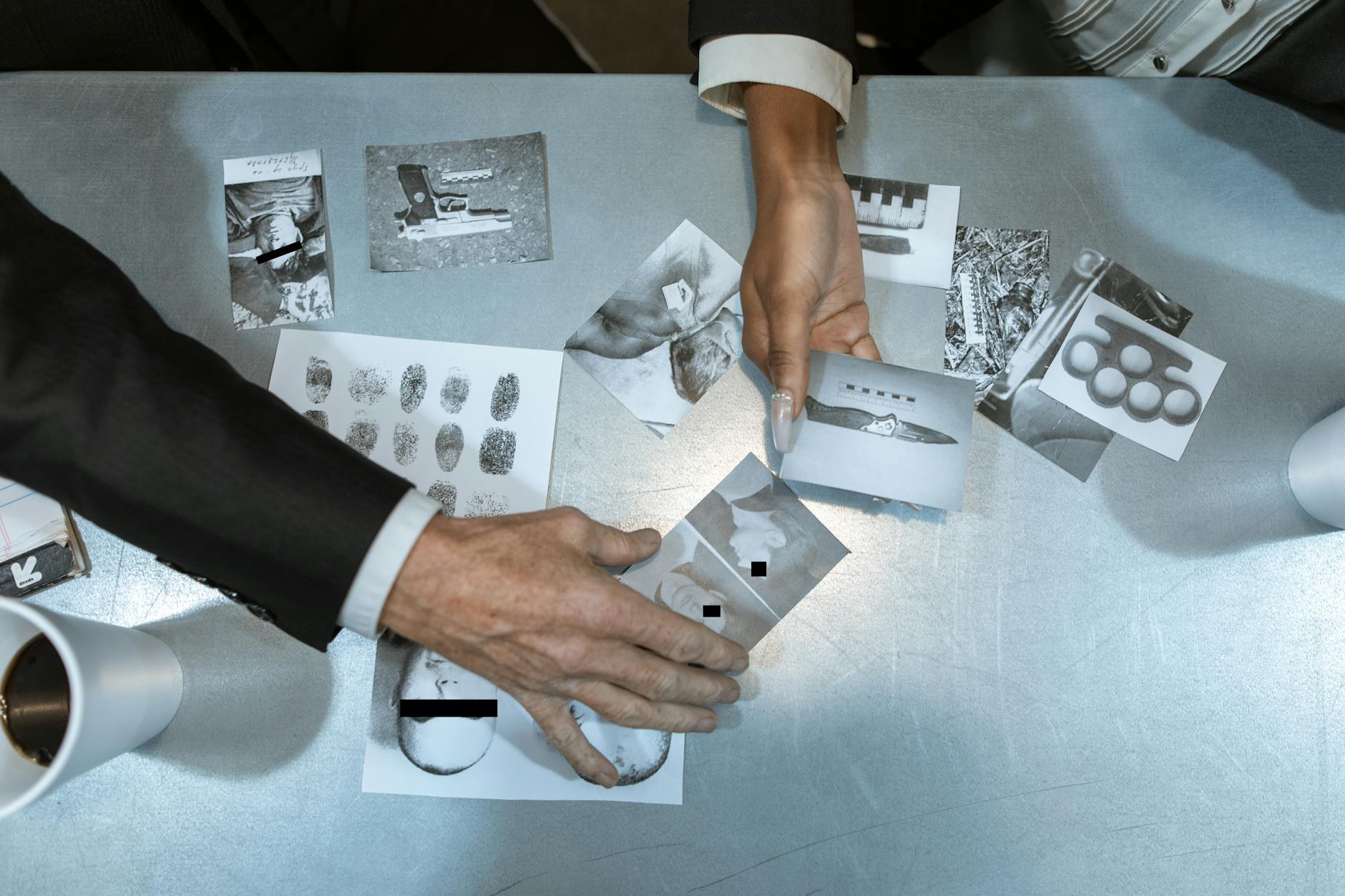Our Obsession with True Crime: Does It Create Justice or Just 'Trauma-tainment'?

It is one of the most dominant and lucrative genres in modern media. From chart-topping podcasts like "Serial" and "My Favorite Murder" to the endless stream of Netflix documentary series about serial killers and unsolved mysteries, true crime has exploded from a niche interest into a mainstream obsession. The genre has created a legion of armchair detectives and has turned horrific real-life tragedies into a multi-billion dollar entertainment industry.
This phenomenon, however, forces us to confront a series of deeply uncomfortable questions. What is the psychological appeal of these dark stories? And what are the ethical consequences of turning real human suffering into a consumer product?
The Psychological Appeal
The magnetic pull of true crime is rooted in several fundamental psychological drivers.
First, it appeals to our innate desire for puzzle-solving. A well-crafted true crime story is presented as a mystery. We are given the clues, the timelines, and the cast of characters, and we are invited to try and solve the puzzle alongside the investigators. This engages our cognitive faculties and provides a sense of satisfaction when the "case is closed."
Second, it provides a safe, contained way to explore our deepest fears. The stories of abduction and murder tap into our primal anxieties about safety and mortality. By consuming these stories from the comfort of our own homes, we can experience a cathartic release of fear without any actual danger, a phenomenon known as "affective forecasting."
Third, for many, particularly women who are the genre's largest audience, it can function as a form of "protective vigilance." By learning about the methods of perpetrators and the mistakes of victims, a listener or viewer may feel they are better equipping themselves to recognize and avoid dangerous situations in their own lives.
The Ethical Minefield
While the appeal is understandable, the genre operates in a profound ethical minefield. The "characters" in these stories are not fictional; they are real people whose lives have been irrevocably shattered by violence. The entertainment we derive from a podcast or a documentary series is based on the worst day of someone else's life.
This raises critical questions about consent and exploitation. Do the families of victims have a say in how their loved one's story is told? Often, they do not. The details of their trauma are repackaged for a mass audience, sometimes with sensationalism and a focus on gory details that can cause them to relive their pain over and over again.
Furthermore, the rise of "armchair detectives" on platforms like Reddit and YouTube has had real-world consequences. While online communities have occasionally helped to solve cold cases, they have also engaged in dangerous speculation, falsely accusing innocent people and harassing the families of victims.
The genre also has a distorting effect on our perception of the justice system. The "CSI Effect," in which fictional crime dramas create unrealistic expectations of forensic science, is now being amplified by true crime documentaries that often present a clean, linear narrative of an investigation. This can create a false sense of certainty in a justice system that is often messy, ambiguous, and fallible.
The true crime genre is not going away. But as consumers of these stories, we have a responsibility to be mindful of their origin. We must ask ourselves whether the content we are consuming is being produced ethically and respectfully, and whether our fascination with the puzzle of crime is overshadowing the real human cost of the tragedy at its core.
